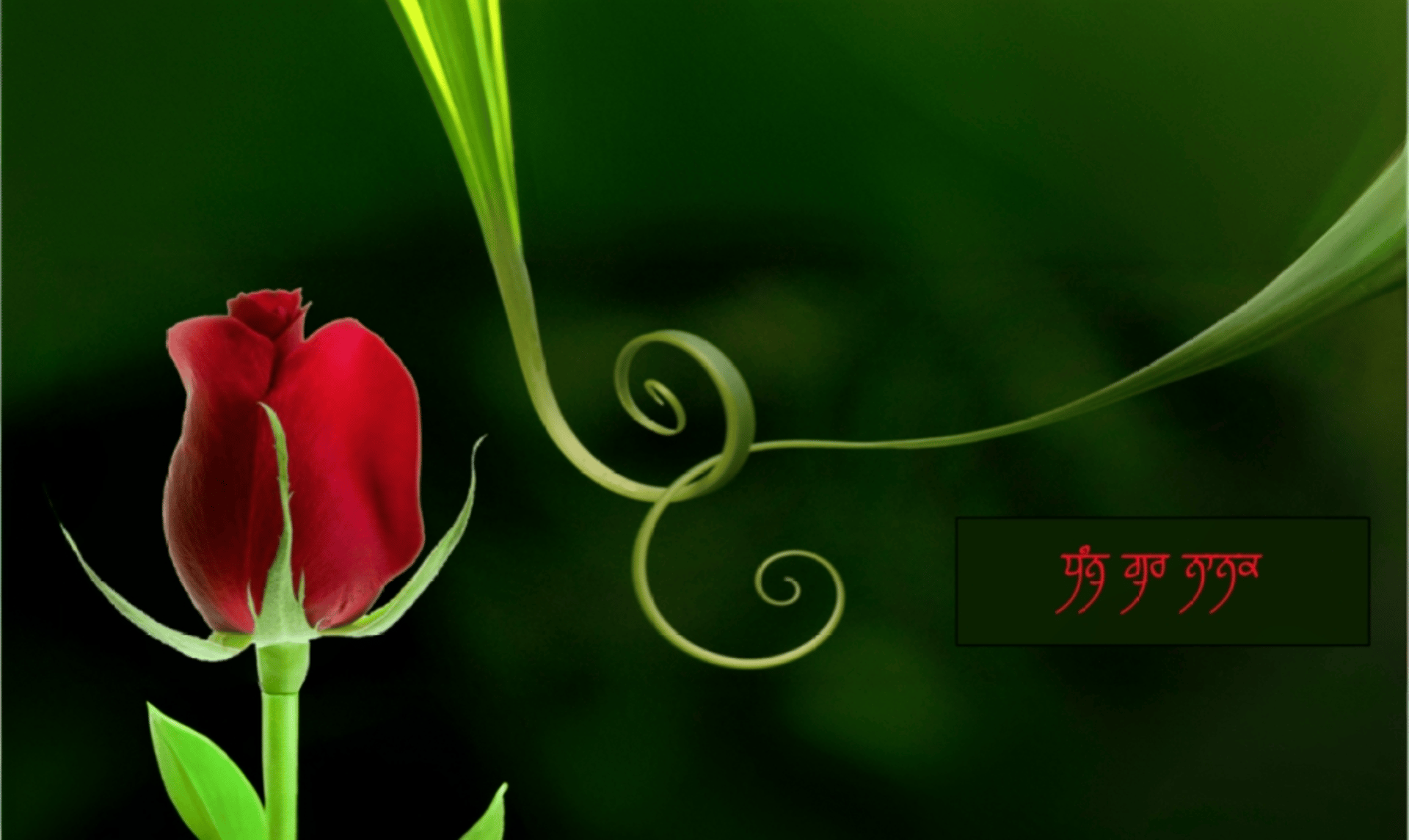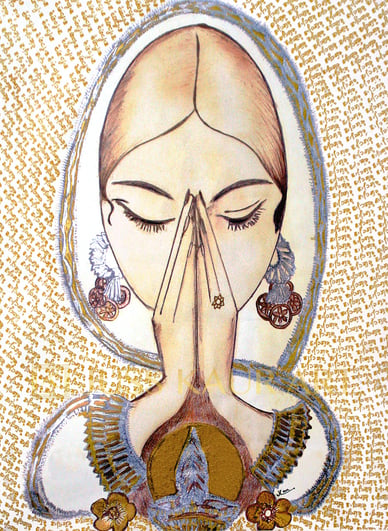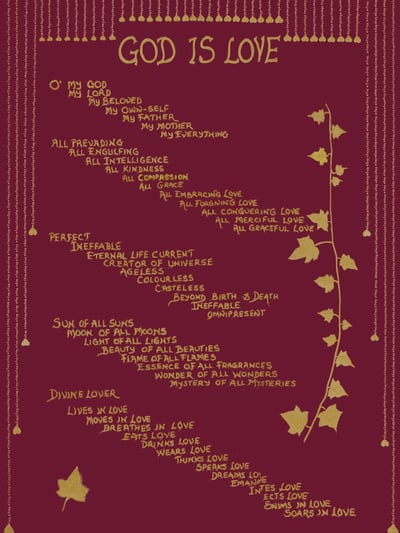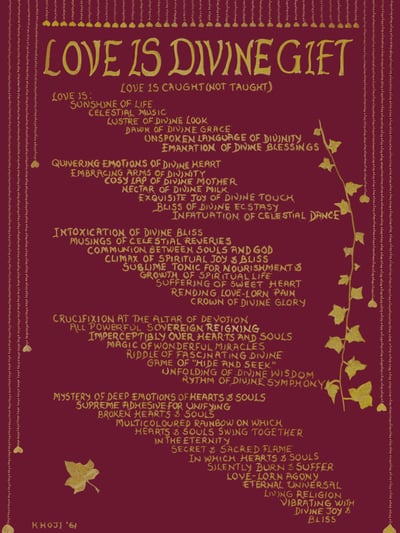
mnu qnu hoie inhwlu qum@ sMig ByitAw ]
The mind and body are enraptured, meeting with You, O Lord.
— Guru Granth Sahib Ji, ang 397
Welcome!
Welcome! Jee ayea nuu! Aao jee tun aou hamare!
Hi everyone! This blog has been created for all the Children/young adults who have had the good fortune of attending various North American Samagams.
Many of you expressed a wish to get access to some of the materials we share in the children’ s classes. I thought that it might be a good idea to post links to these various presentations and articles in this space, which you can access whenever you like.
Hopefully, as time progresses we can have additional topics of discussions too. If you have any ideas please feel free to share with everyone here.








LOVE IS DIVINE GIFT~ LOVE IS GOD.
A poem by Bauji (Khoji), 1981
Recent Posts
Love Towards All. Malice towards None.
- Khoji
@nihaal.ca on Instagram
Get our weekly newsletter
Sign up for our newsletter and never miss the newest blog post.
